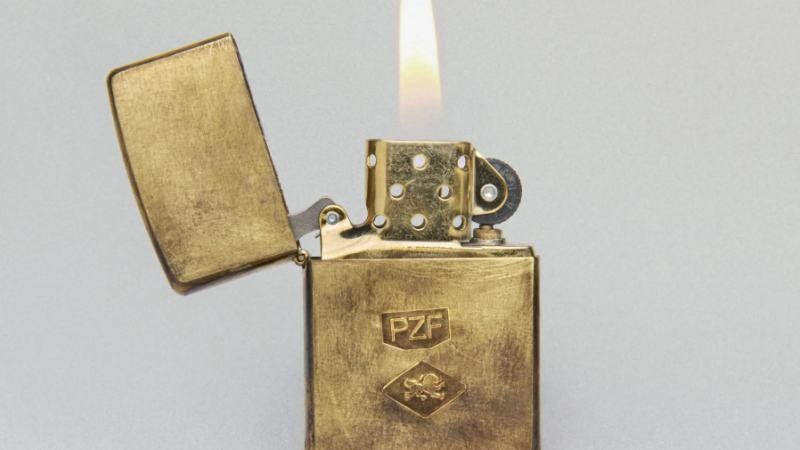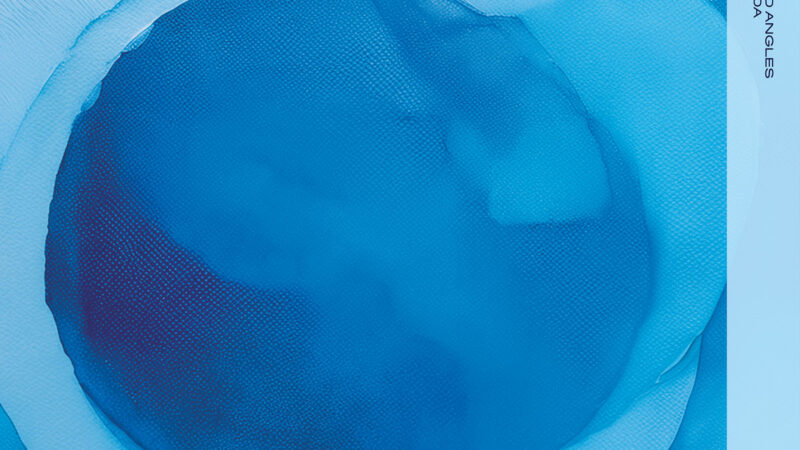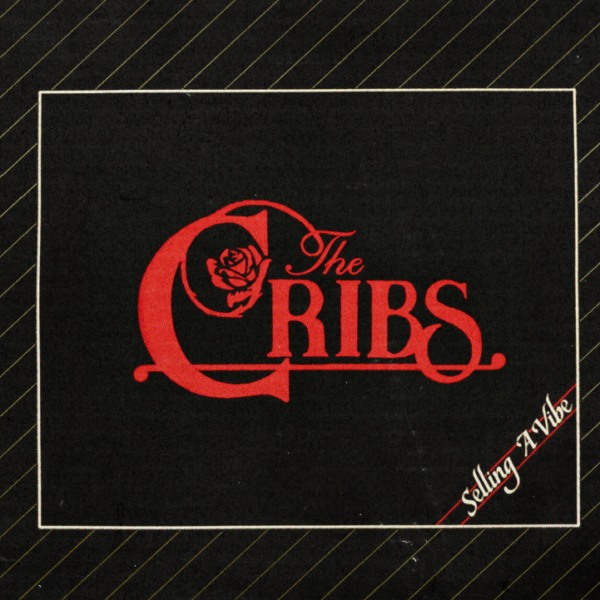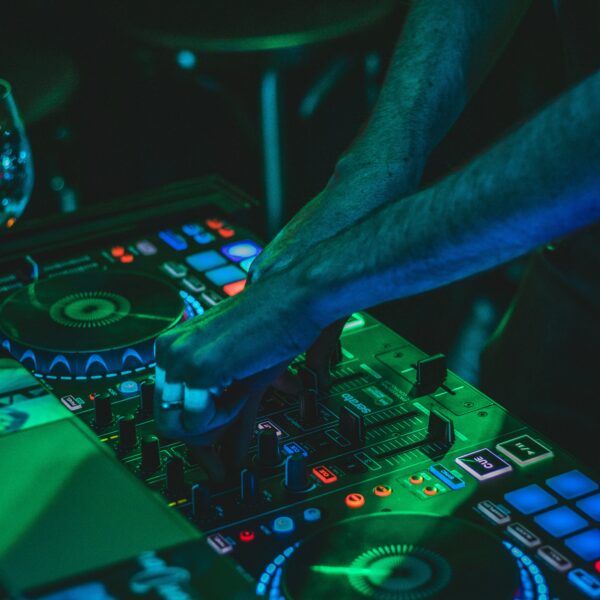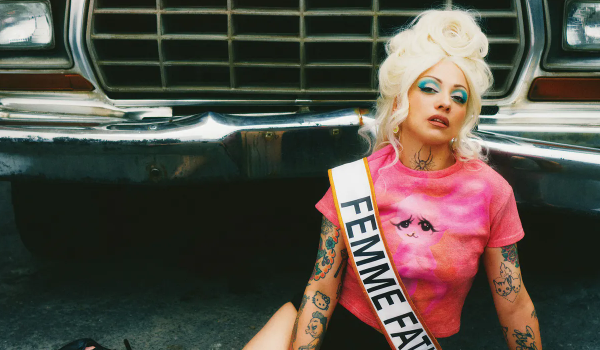Ayo Ke Disco: Boogie, Pop & Funk from the South China Sea (1974-88)
Hitting the dance floor might not seem like a radical act, but throughout history, it’s been a space where conventions are upended and identities reimagined. In post-independence West Africa, grooving to Cuban rhythms allowed young Congolese, Senegalese, and Malians to embrace modernity while expressing anti-colonial defiance. Likewise, 1970s America saw disco intertwined with movements for equality and liberation. Soundway’s new release, Ayo Ke Disco: Boogie, Pop & Funk from the South China Sea (1974–88), shines a spotlight on how this same spirit echoed across Southeast Asia during the transformative ’70s and ’80s.
Meaning “Let’s go to the disco” in Malay and Indonesian, Ayo Ke Disco compiles rare gems from a period marked by monumental change—post-Vietnam War recovery, the turbulence of Marcos and Suharto’s regimes, and the economic rise of the “Asian Tigers.” In this era of reconstruction and cultural blending, vibrant discos became melting pots for tradition and innovation alike.
The opening track highlights this cultural interplay. Malaysian composer Ahmad Nawab’s orchestral disco-funk piece Dahaga gets a sultry, guitar-heavy makeover by Borneo’s Fatimah Razak, who swaps out standard ’70s percussion for Hindustani instruments and smoky vocals. Indonesia’s Black Brothers, blending rock, jazz, disco, and kroncong, championed indigenous rights and Black Power through music. Their track Mangge Mangge fuses distorted guitars, rich brass, orchestral synths, and hypnotic rhythms into an irresistible groove.
As nations like Indonesia, Malaysia, and the Philippines shed colonial and authoritarian legacies, their artists redefined identity by melding traditional sounds with global influences. Filipino drummer Jun Regalado pairs kulintang melodies with bold trumpets and sleek arrangements on 1977’s Pinoy Funk. Meanwhile, The Rollies, once devoted to Beatles and Bee Gees covers, embraced modern tech like vocoders and synthesizers to create tracks like “Disco,” where classic tunes meet futuristic textures.
With a richly researched zine accompanying the release, curator Alice Whittington (aka DJ Norsicaa) unpacks this vibrant era, spotlighting the distinct sounds and hybrid styles that captured the shifting cultural landscape of Southeast Asia.
